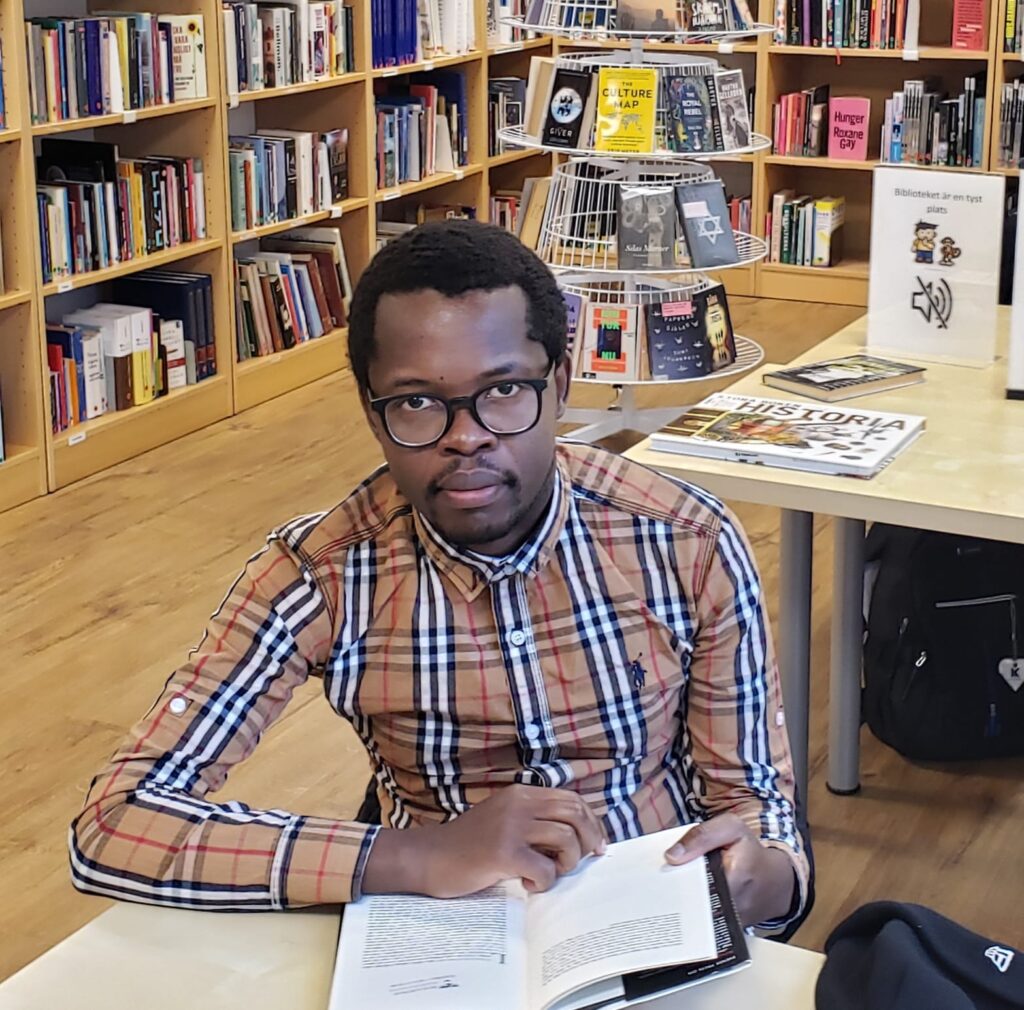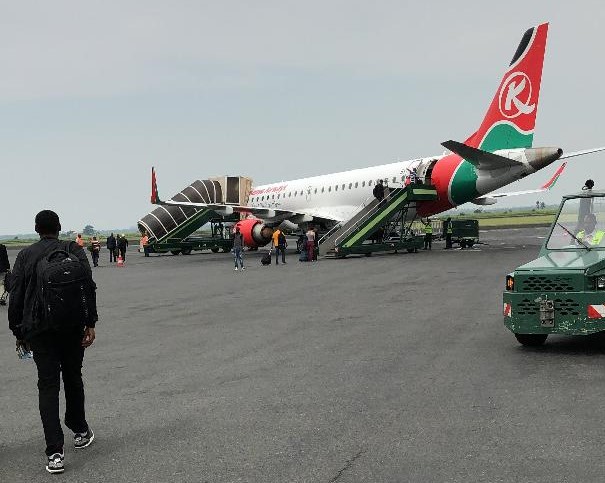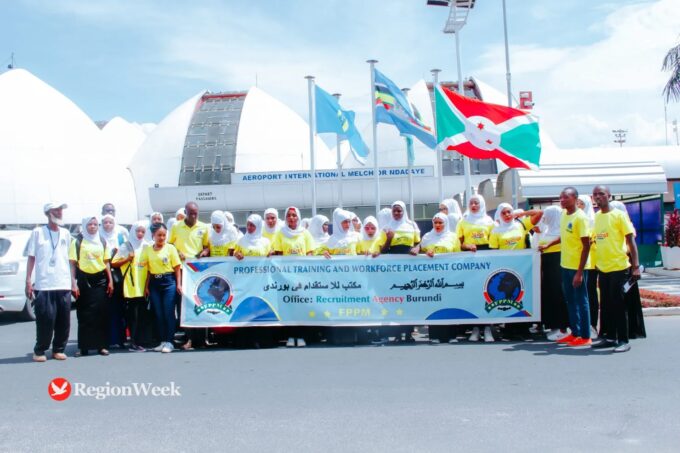Egide Harerimana is a Burundian journalist specializing in investigative journalism, data journalism, and fact-checking. He is a passionate advocate for press freedom and human rights.
Earlier this week, a letter from Burundi’s Minister of Education appointing an interim Director General of Technical Education sparked widespread social media debate, revealing that the former director had not returned from an official mission to Belgium.
The news set off a firestorm of reactions. Some Burundians condemned the individual, accusing him of betrayal and branding him a disgrace to the nation. Others adopted a more empathetic stance, arguing that his decision was understandable given the deepening economic crisis in Burundi.
This individual decision is far from unique and unlikely to be the last of its kind. Reasons for leaving one’s country are deeply personal and multifaceted. No one ― not even someone in a high-ranking position ― should face condemnation for making a life-changing decision. Instead, the conversation should pivot to a more fundamental question: Why do some Burundians decide not to return after their missions abroad?
The defection of that higher official in the Burundian ministry of education has captured attention probably because of his perceived privilege within Burundi’s governing system. He held a coveted position, appointed by presidential decree—a dream job for many.
The economic and socio-political challenges in Burundi are no secret. Many citizens leave the country not because they want to, but because the country’s future feels increasingly uncertain.
As a reminder, in August 2023, ten Burundian handball players defected during a world championship in Croatia. More recently, some journalists accompanying high-ranking officials on overseas missions chose not to return.
Physicians are also reportedly leaving for better-paying jobs in Europe. Students sometimes choose not to return after completing their studies abroad. These individuals are sometimes labeled unpatriotic, but such accusations ignore the deeper realities driving their decisions: economic hardship, political instability, and a lack of opportunities.
Moving beyond blame

For decades, Burundi’s political elite have excelled at crafting grand promises. Successive governments have shared ambitious plans, offering visions of a brighter tomorrow. Despite boasting mineral wealth, the country sees minimal financial returns from its resources. The country’s economic situation continues to worsen, leaving ordinary Burundians struggling to survive amid skyrocketing inflation and stagnant wages.
Civil servants, including those in prestigious positions, can barely make ends meet. The gap between the government’s rhetoric and lived realities is at the heart of the issue.
Political instability compounds these challenges. In a nation where elections are often fraught with tension, fears of unrest persist. It is, therefore, unsurprising that even high-ranking officials might seek stability elsewhere.
It is crucial to approach this issue with nuance. When Burundians choose to leave, they do not cease to be children of the nation. Their decision to emigrate is often born not out of hatred for their homeland but out of a desire for a better life.
Many who leave continue to contribute to Burundi’s development from abroad. For example, the Diaspora plays a significant role, with members funding projects, starting businesses, and sending remittances that support families and communities.
The narrative must shift away from condemning individuals and toward addressing the systemic issues that drive them to leave.
A call for concrete actions
Burundi’s path forward cannot be paved with mere slogans or promises. It demands action. Political unity, practical leadership, and a commitment to good governance are essential.
The fight against poverty and instability requires more than rhetoric. It calls for tangible measures to create jobs, improve living conditions, and restore faith in the country’s future. History shows that no condition is permanent for nations willing to confront their challenges with determination and collective effort.
In the meantime, those who leave Burundi should not be vilified. They remain an integral part of the country’s story, shaping its future in ways that often go unseen. After all, the strength of a nation lies not in denying its challenges but in addressing them head-on with unity, vision and hard work.
Burundi’s potential for development exists. But realizing it will depend on transitioning from promises to action, ensuring that hope for a better tomorrow is grounded in the efforts of today.







Leave a comment